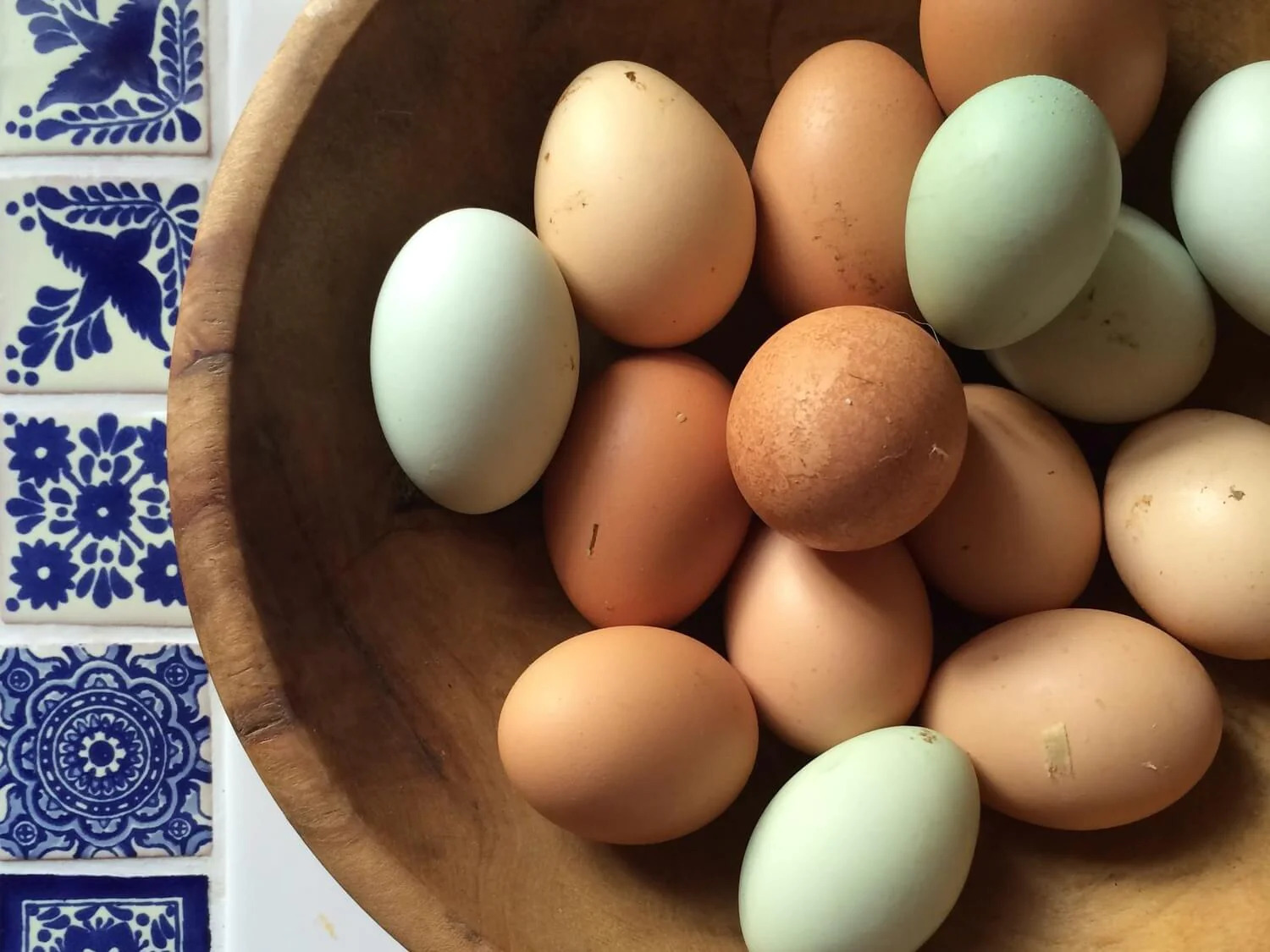

Articles
How To Store Eggs Without A Carton
Modified: May 6, 2024
Learn how to store eggs without a carton with our informative articles. Discover creative and practical solutions for keeping your eggs fresh for longer.
(Many of the links in this article redirect to a specific reviewed product. Your purchase of these products through affiliate links helps to generate commission for Storables.com, at no extra cost. Learn more)
Introduction
When it comes to storing eggs, most people think of using the standard egg carton. However, what do you do when you find yourself without a carton? Perhaps you recently moved and haven’t unpacked your kitchen supplies yet, or maybe you simply ran out of cartons and need a temporary solution. Whatever the reason may be, there are several alternative methods for storing eggs without a carton.
In this article, we will explore seven different methods that you can use to safely store your eggs without a carton. Whether you have just a few eggs or a dozen, these methods will help keep your eggs fresh and prevent them from breaking or spoiling. So, let’s dive in and discover creative ways to store eggs, even without a carton!
Key Takeaways:
- Get creative with egg storage! From egg trays to silicone egg trays, there are plenty of alternatives to traditional cartons. Keep your eggs fresh and intact with these inventive methods.
- Don’t panic when you’re out of egg cartons. Utilize plastic containers, egg sleeves, or even a refrigerator door shelf to store your eggs safely. Get resourceful and explore unique storage solutions!
Read more: How To Store Eggs Without Carton
Method 1: Using an Egg Tray
An egg tray is a simple and effective solution for storing eggs when you don’t have a carton. These trays are designed to hold eggs securely in individual slots, preventing them from rolling around and getting damaged. Here’s how you can use an egg tray to store your eggs:
- Start by finding an empty egg tray. You can often find these at grocery stores or online retailers.
- Once you have the egg tray, make sure it is clean and dry. Any dirt or moisture can potentially contaminate your eggs.
- Gently place each egg into a separate slot in the tray, making sure they fit snugly.
- Try to position the tray in a cool and dry place, away from direct sunlight and heat sources.
- Periodically check the eggs for freshness by performing the float test. Fill a bowl with water and gently place the egg in it. If the egg sinks and lies flat horizontally, it is fresh. If it stands upright on one end or floats, it is not fresh and should be discarded.
Using an egg tray is a convenient and space-efficient way to store eggs without a carton. The individual slots keep the eggs stable and protected, reducing the risk of breakage and extending their shelf life.
However, keep in mind that an egg tray may not provide the same level of protection as a carton, especially if it is not made of sturdy material. It is best to handle the tray with care to avoid any accidents or spills.
Method 2: Using a Plastic Container with Lid
If you don’t have an egg carton, a plastic container with a lid can serve as an excellent alternative for storing eggs. Here’s how you can use a plastic container to keep your eggs safe and fresh:
- Find a clean and dry plastic container with a lid. It should be large enough to accommodate the number of eggs you have.
- Line the bottom of the container with a soft and absorbent material such as paper towels or a cloth. This will provide a cushion for the eggs and help absorb any moisture.
- Place the eggs gently in the container, making sure they are not touching each other. Leave enough space between them to prevent cracking and allow for air circulation.
- Close the lid tightly to create a seal and prevent any odors or contaminants from entering.
- Store the container in the refrigerator, preferably on a shelf rather than in the door. The stable temperature of the fridge will help maintain the freshness of the eggs.
- Remember to check the eggs for freshness periodically by performing the float test or by checking the expiration date if available.
Using a plastic container with a lid provides a secure and protective environment for your eggs. The lid ensures that the eggs are not exposed to air or potential contaminants, while the soft lining absorbs any excess moisture that may be present.
Keep in mind that plastic containers may vary in size and shape, so choose one that suits your needs and fits the number of eggs you have. Additionally, make sure to clean the container properly before and after use to maintain hygiene and prevent cross-contamination.
Method 3: Using a Paper or Cardboard Carton
If you don’t have a standard egg carton, you can still utilize a paper or cardboard carton as a makeshift solution for storing your eggs. Here’s how you can do it:
- Look for a clean and dry paper or cardboard carton. This can be a small empty box or a cutout section of a larger carton.
- Gently place the eggs into the designated slots or compartments of the carton.
- Ensure that the eggs are secure and not touching each other, as this can lead to cracking.
- If the carton does not have individual compartments, you can create them by cutting strips of cardboard and inserting them between the eggs.
- Once the eggs are in place, fold the top flaps of the carton over to protect the eggs and keep them from moving around.
- Store the carton in a cool and dry location, away from direct sunlight and heat sources.
- Periodically check the eggs for freshness using the float test or by checking the expiration date if available.
Using a paper or cardboard carton as a temporary solution for storing eggs can be a practical option when a standard carton is not available. It allows for individual compartments to keep the eggs stable and protected, reducing the risk of breakage.
However, it is important to note that paper or cardboard cartons may not provide the same level of insulation as a standard egg carton. Therefore, it is recommended to consume the eggs within a reasonable timeframe to ensure their freshness and safety.
Method 4: Using Silicone Egg Trays
If you’re looking for a reusable and versatile option for storing eggs without a carton, silicone egg trays are an excellent choice. These trays are specifically designed to hold eggs securely and provide extra protection. Here’s how you can use silicone egg trays to store your eggs:
- Purchase a silicone egg tray from a kitchen supply store or online retailer. Silicone trays are flexible, non-stick, and easy to clean.
- Ensure that the tray is clean and dry before use. This will help maintain the hygiene and freshness of your eggs.
- Gently place each egg into an individual slot in the tray, making sure they fit securely.
- Position the tray in a cool and dry place, away from direct sunlight and heat sources.
- Consider covering the tray with its matching silicone lid or placing it inside airtight storage containers for added protection and to prevent odors from seeping in.
- Periodically check the eggs for freshness using the float test or checking the expiration date.
Using silicone egg trays offers several advantages. The flexible material makes it easy to release the eggs without damaging them, while the individual slots keep them secure and prevent rolling or bumping into each other. Silicone trays are also dishwasher-safe, making cleanup a breeze.
Remember to handle the silicone egg tray with care to avoid any accidental spills or dropping. With proper use and maintenance, silicone egg trays can be a durable and long-lasting solution for storing your eggs without a carton.
Store eggs without a carton by placing them in an egg holder or tray with the pointed end down. Keep them in the refrigerator to maintain freshness.
Read more: How To Store Eggs In Fridge Without Carton
Method 5: Using an Egg Caddy
An egg caddy is a convenient and portable option for storing eggs, especially when you don’t have a carton on hand. These caddies are designed with individual compartments to securely hold each egg. Here’s how you can use an egg caddy to store your eggs:
- Purchase an egg caddy from a kitchen supply store or online retailer. They come in various sizes and materials, such as plastic or metal.
- Make sure the egg caddy is clean and dry before use to maintain the freshness and cleanliness of your eggs.
- Gently place each egg into its designated compartment, ensuring that they fit snugly and are not touching each other.
- Once all the eggs are in place, close the lid or cover of the egg caddy to provide additional protection and prevent any potential contamination.
- Store the egg caddy in a cool and dry location, away from direct sunlight or heat sources.
- Check the eggs periodically for freshness using the float test or by checking the expiration date.
Using an egg caddy offers the advantage of portability, making it easy to transport and store your eggs wherever you need them. The individual compartments keep the eggs secure and prevent them from rolling or banging against each other, minimizing the risk of breakage.
Remember to handle the egg caddy with care to avoid any accidental drops or spills. With proper use and maintenance, an egg caddy can be a practical solution for storing your eggs without the need for a carton.
Method 6: Using Egg Sleeves
If you’re looking for a compact and eco-friendly option for storing eggs without a carton, egg sleeves are a fantastic solution. These sleeves are made from materials like recycled paper or fabric and provide individual compartments for each egg. Here’s how you can use egg sleeves to store your eggs:
- Purchase or make egg sleeves from eco-friendly materials such as recycled paper or fabric. You can find them at kitchen supply stores or make your own using tutorials available online.
- Ensure that the egg sleeves are clean and dry before use to maintain the freshness and cleanliness of your eggs.
- Gently slide one egg inside each sleeve, making sure they fit snugly and securely.
- If using fabric egg sleeves, tie a knot or secure the end to keep the eggs in place. If using paper egg sleeves, the folding and friction of the material will hold the eggs in position.
- Arrange the egg sleeves in a cool and dry location, away from direct sunlight and heat sources.
- Consider storing the egg sleeves in an airtight container or basket to provide additional protection and prevent any potential contamination.
- Periodically check the eggs for freshness using the float test or by checking the expiration date.
Using egg sleeves not only provides a unique and sustainable alternative to traditional egg cartons but also offers individual protection for each egg. The sleeves keep the eggs separate, minimizing the risk of cracking or damage. Moreover, they are lightweight and portable, making them ideal for travel or picnics.
Remember to handle the egg sleeves with care and avoid crushing or bending them to prevent any accidental breakage. With proper use and maintenance, egg sleeves can be an innovative and eco-friendly way to store your eggs.
Method 7: Using a Refrigerator Door Shelf
When you don’t have a traditional egg carton, utilizing a refrigerator door shelf can provide an alternative storage option for your eggs. This method allows for convenient access to your eggs while maximizing the use of available space. Here’s how you can use a refrigerator door shelf to store your eggs:
- Locate a clean and dry spot on your refrigerator door shelf that can accommodate the number of eggs you have.
- If the shelf has built-in dividers, place each egg in its own designated space. If not, consider using a small container or silicone cupcake liners to separate the eggs.
- Ensure that the eggs are not touching each other and are positioned securely to prevent rolling or shifting.
- Close the refrigerator door gently to avoid any movement or disturbance to the eggs.
- Periodically check the eggs for freshness using the float test or by checking the expiration date if available.
Using a refrigerator door shelf to store your eggs offers the advantage of easy accessibility. You can quickly grab an egg whenever needed without having to navigate through the shelves. Additionally, the cool and consistent temperature of the refrigerator helps maintain the freshness and quality of the eggs.
However, it’s essential to exercise caution when using this method, as the eggs may be more susceptible to movement and potential damage if the door is frequently opened or jostled. Ensure that the eggs are securely positioned to minimize the risk of cracking or breakage.
Remember to regularly clean the refrigerator door shelf and the eggs themselves to maintain cleanliness and prevent any potential cross-contamination.
Conclusion
Storing eggs without a carton is not only possible but also quite simple with a little creativity and resourcefulness. Whether you find yourself without a carton or simply want to explore alternative methods, there are various options to safely store your eggs.
In this article, we have explored seven different methods for storing eggs without a carton. From using an egg tray or a plastic container with a lid to utilizing a paper or cardboard carton or silicone egg trays, each method offers its own benefits and considerations. Additionally, we discussed using an egg caddy, egg sleeves, and even a refrigerator door shelf as alternative storage solutions.
When storing eggs without a carton, it’s crucial to pay attention to cleanliness, temperature, and protection. Ensure that the storage method you choose allows for proper ventilation, protects the eggs from cracking or breaking, and maintains a cool and dry environment.
Remember to periodically check the freshness of the eggs using methods like the float test or by checking the expiration date. This will help you consume the eggs at their peak quality and avoid any potential risks.
Whether you’re temporarily without a carton or searching for sustainable alternatives, these methods provide practical solutions to keep your eggs fresh and intact. So, the next time you find yourself without a carton, feel confident in trying one of these methods to store your eggs with ease.
Explore the options, get creative, and enjoy the convenience of storing eggs without a carton!
After mastering how to store eggs without a carton, why not expand your storage skills further? For those keen on keeping their eggs in tip-top shape, our guide on best egg storage solutions offers a variety of options that ensure freshness. If kitchen space feels cramped, discover clever ways to maximize kitchen space that cleverly maximize every inch. Or, perhaps upgrading your fridge's organizing system sounds appealing? Dive into our recommendations for optimal fridge organizing tips, perfect for keeping all your groceries in check.
Frequently Asked Questions about How To Store Eggs Without A Carton
Was this page helpful?
At Storables.com, we guarantee accurate and reliable information. Our content, validated by Expert Board Contributors, is crafted following stringent Editorial Policies. We're committed to providing you with well-researched, expert-backed insights for all your informational needs.
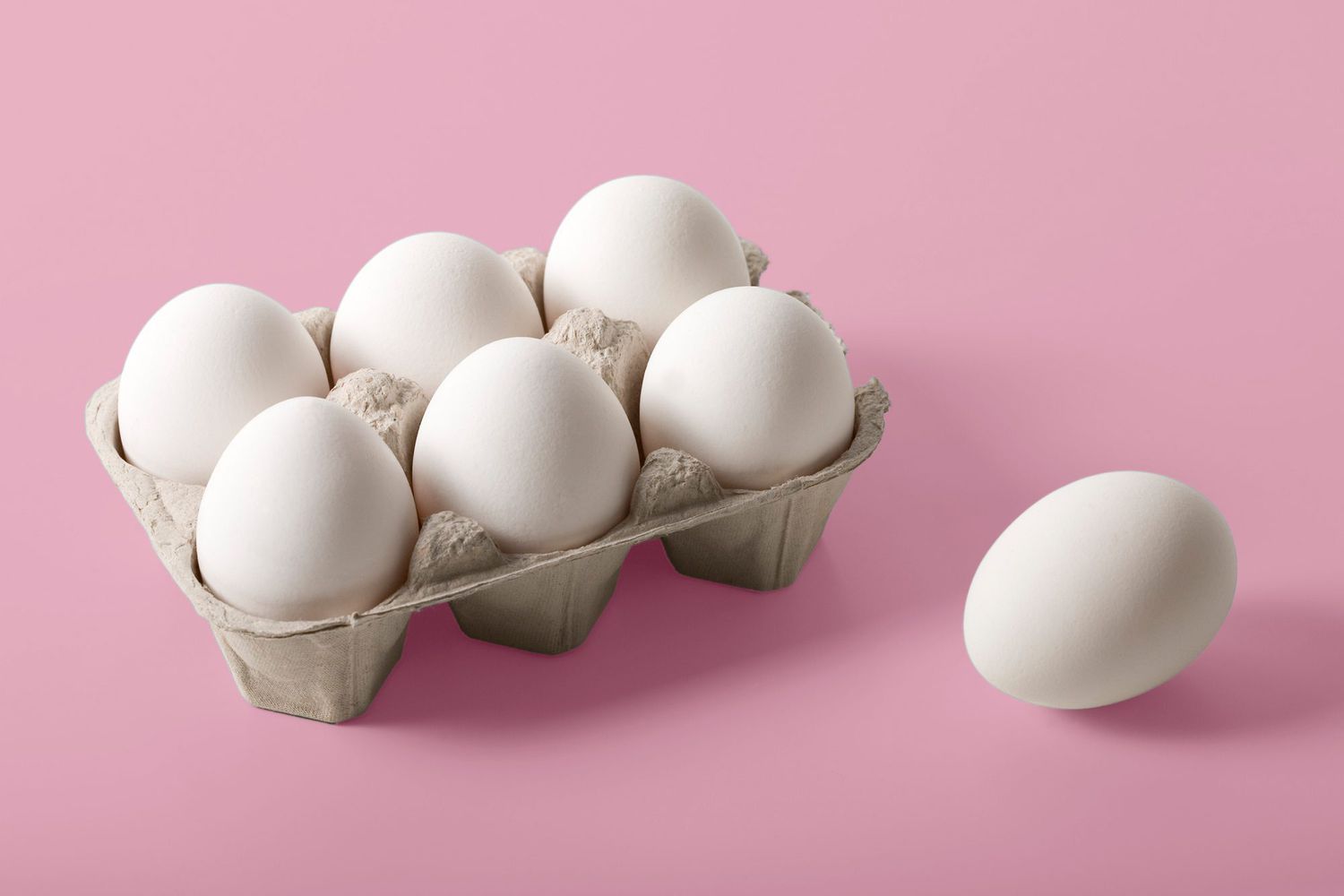
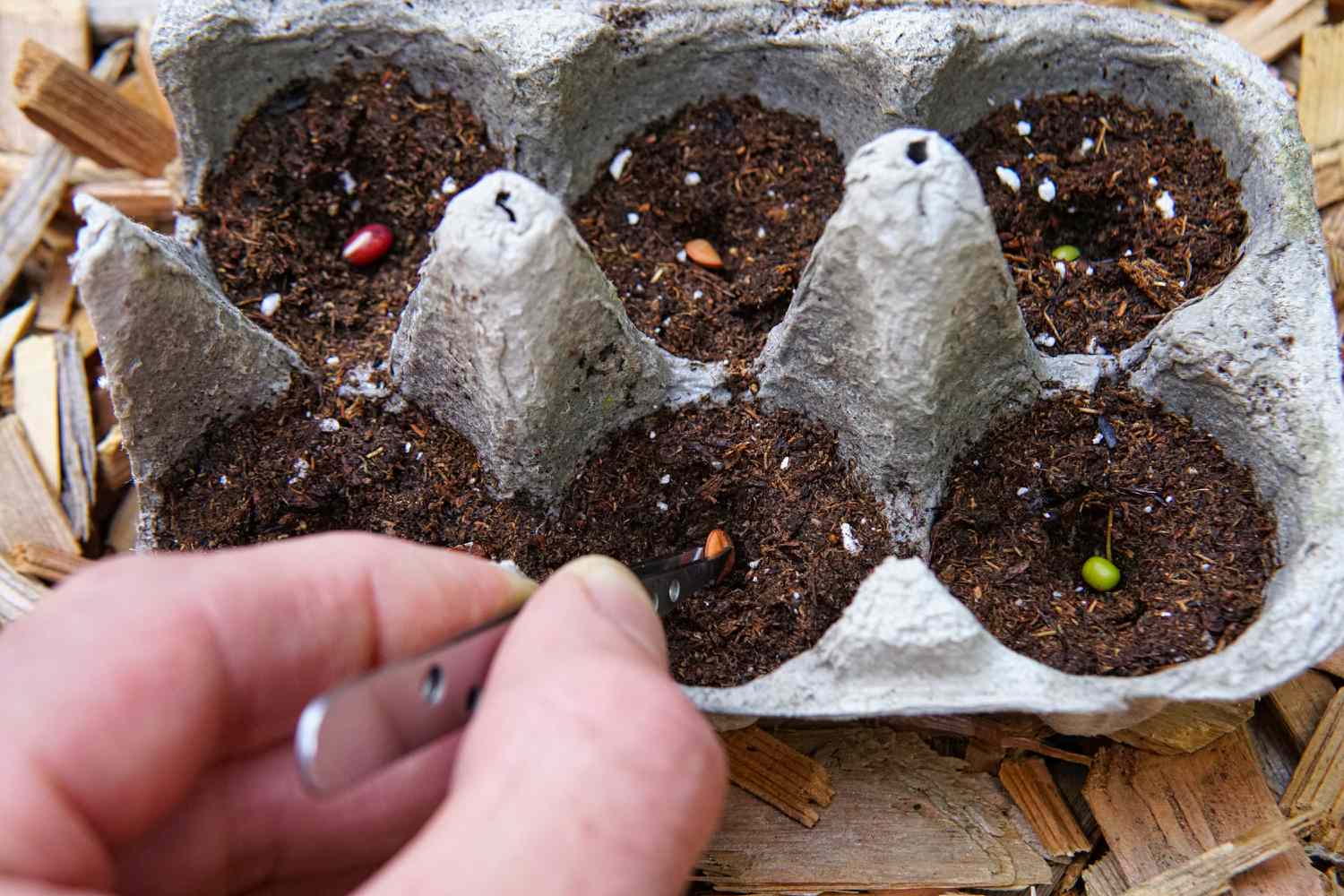
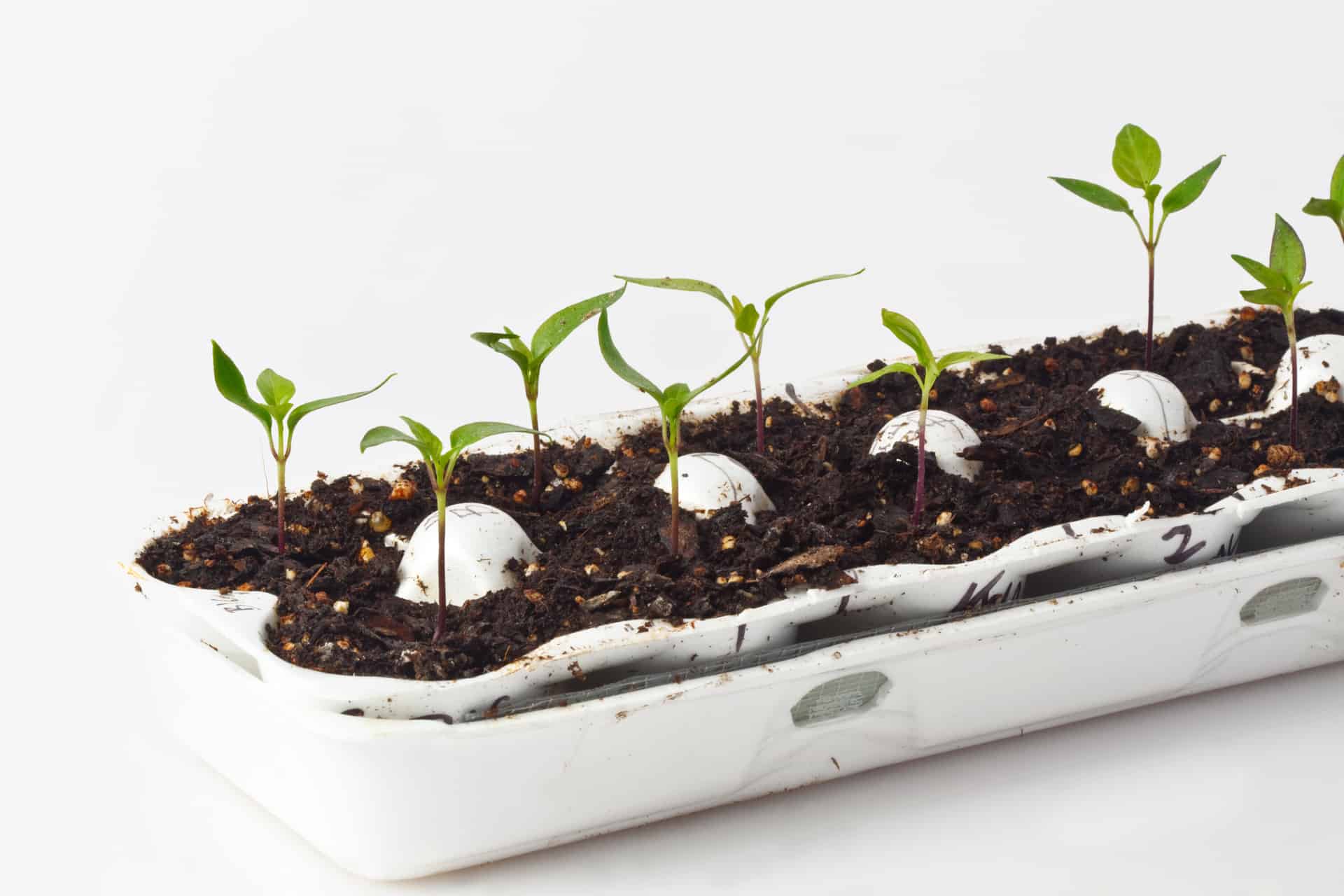

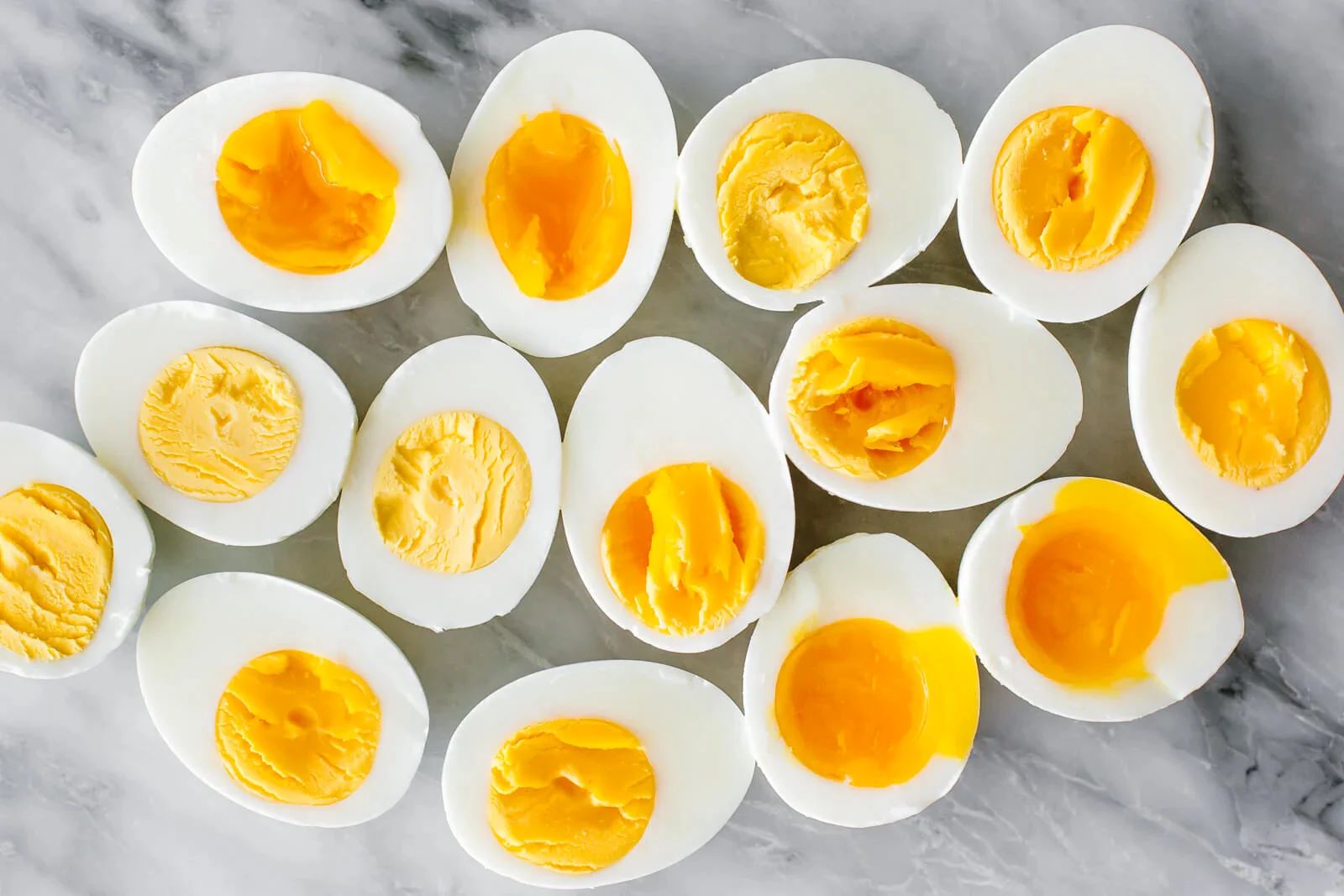
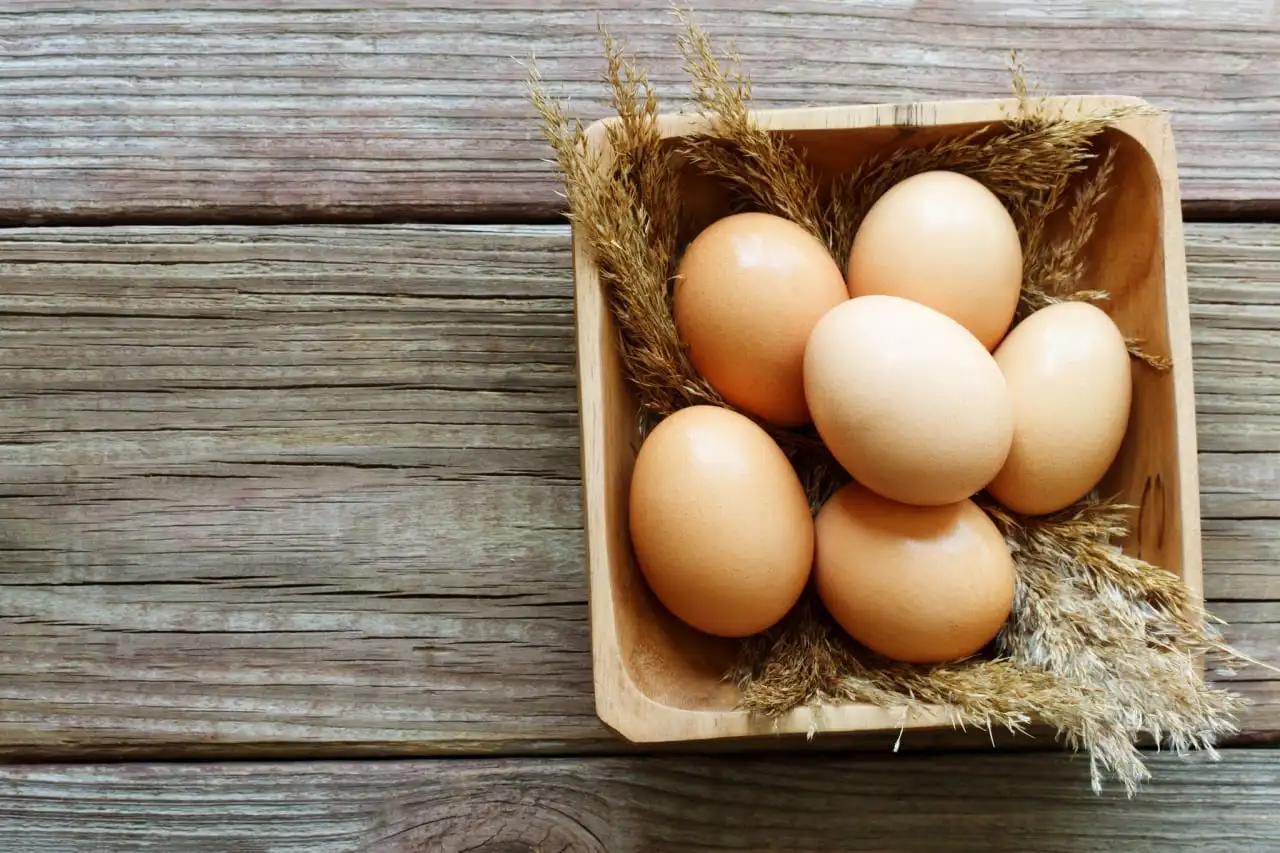
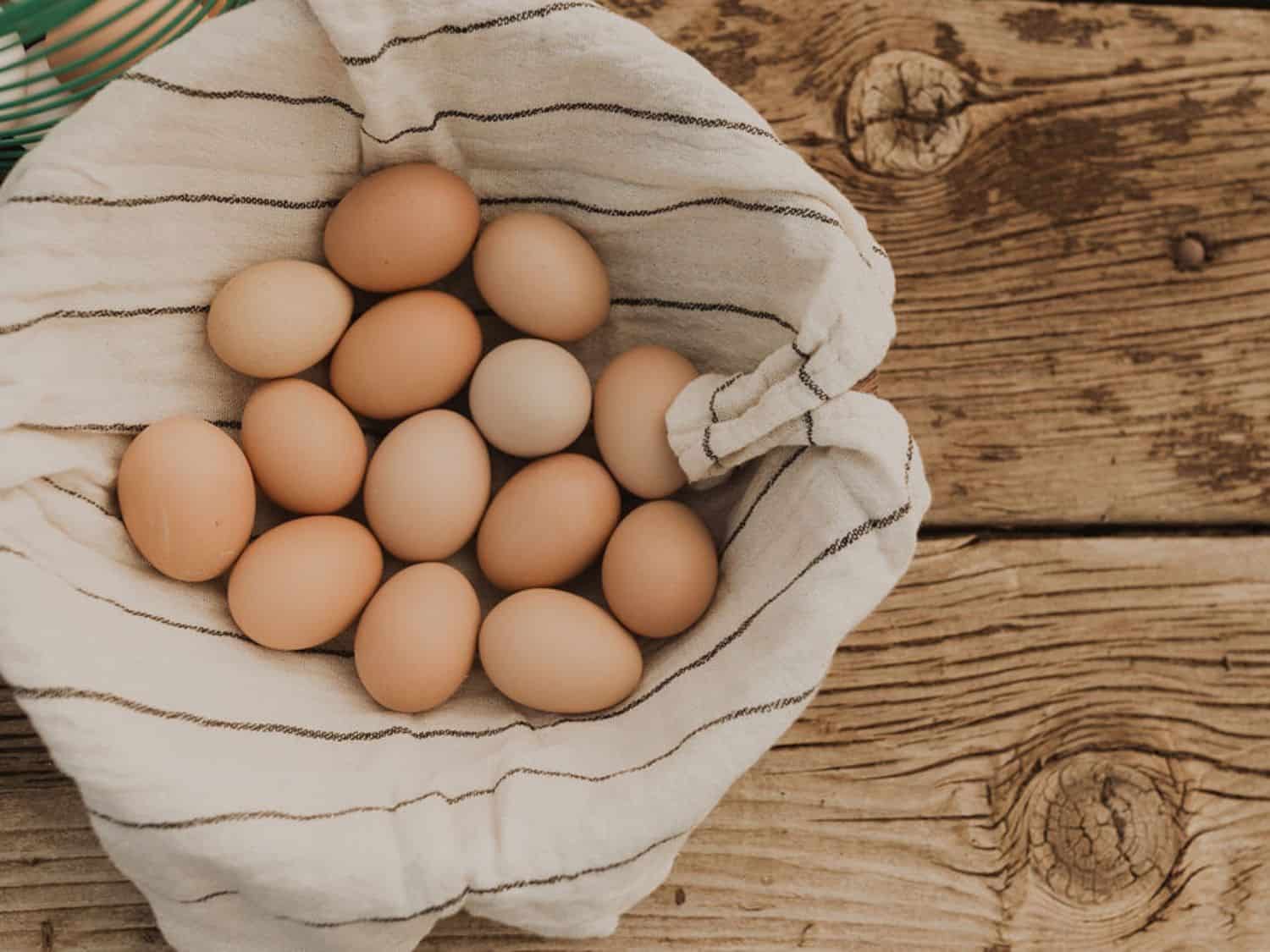
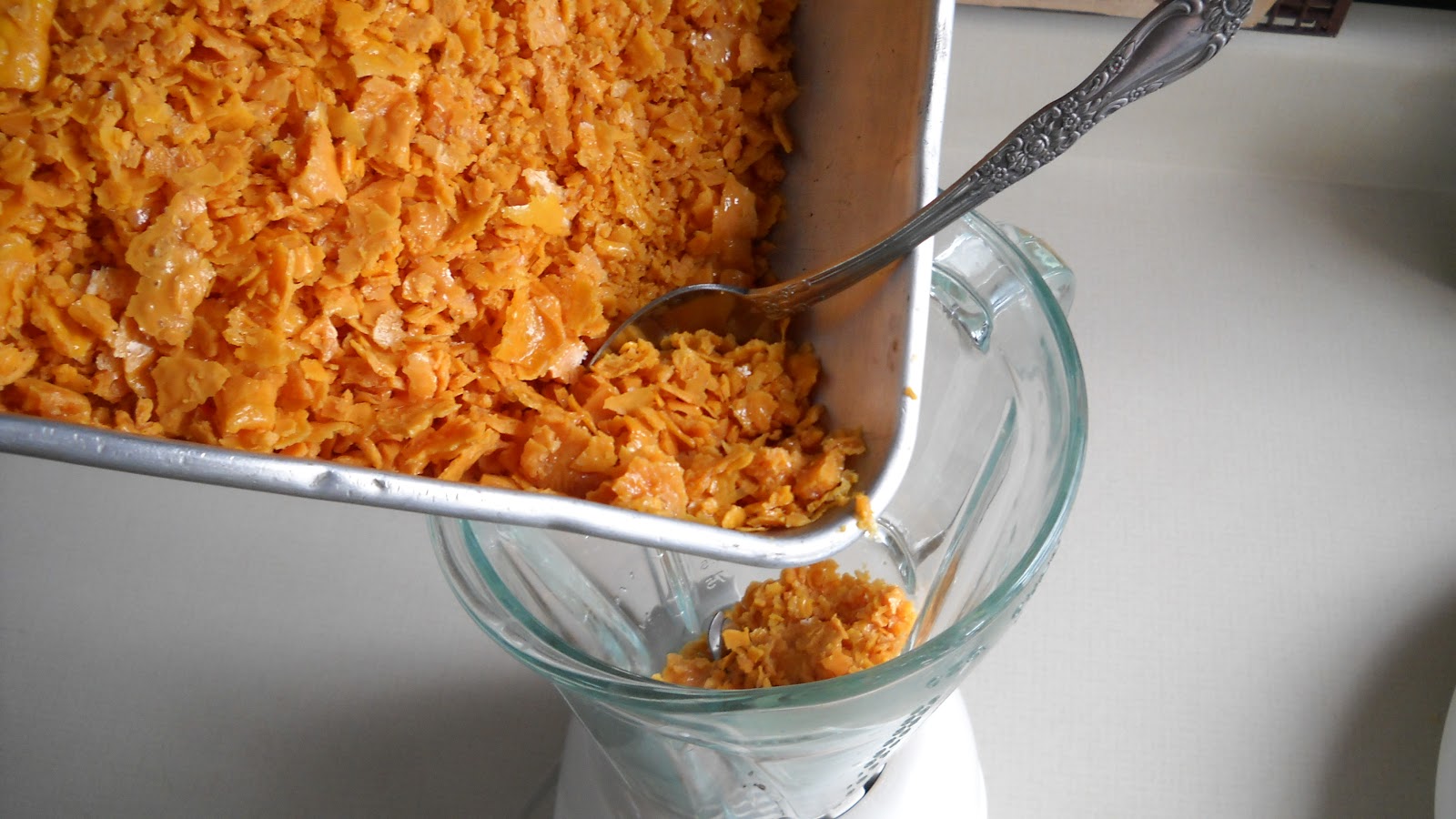
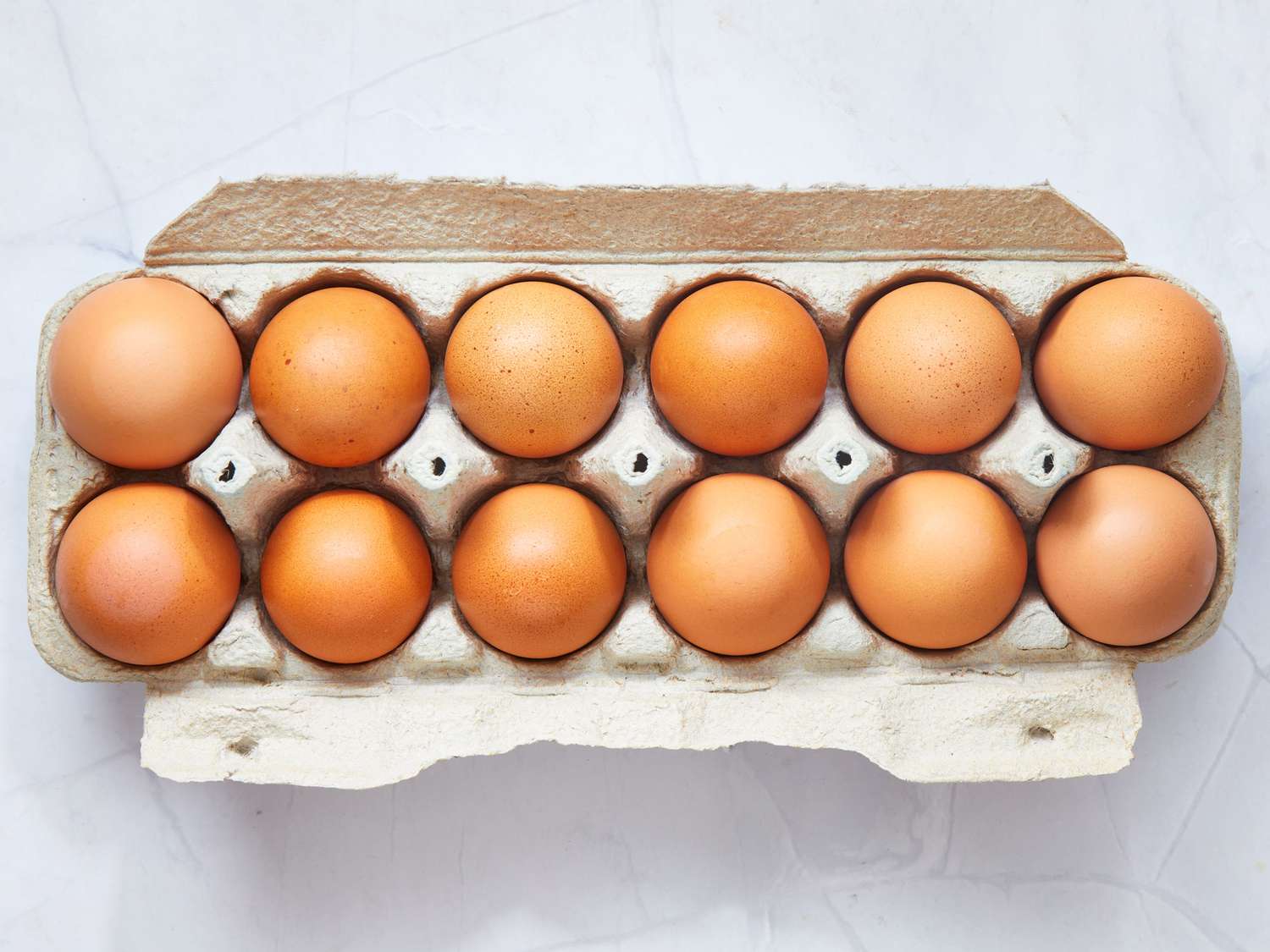
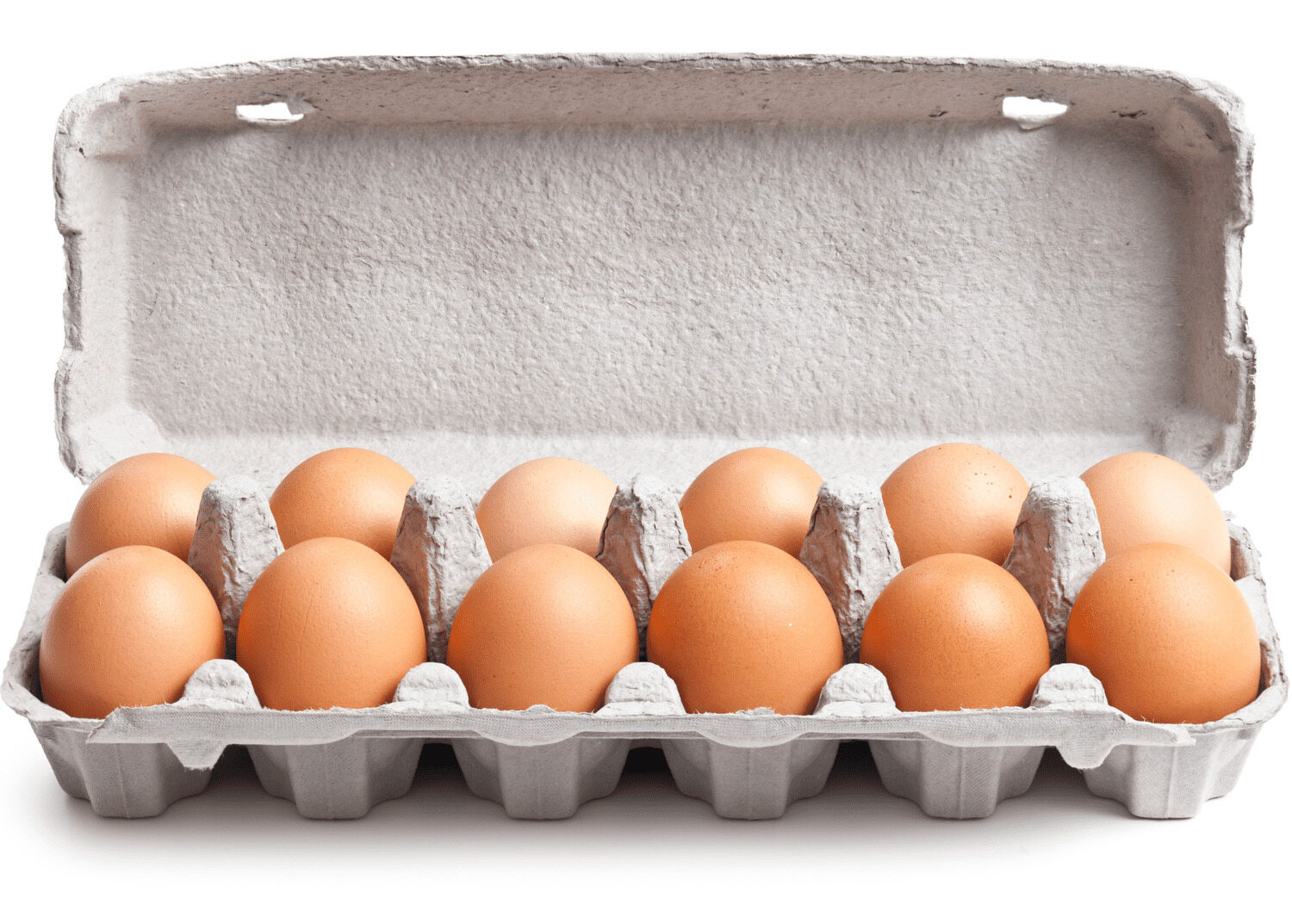
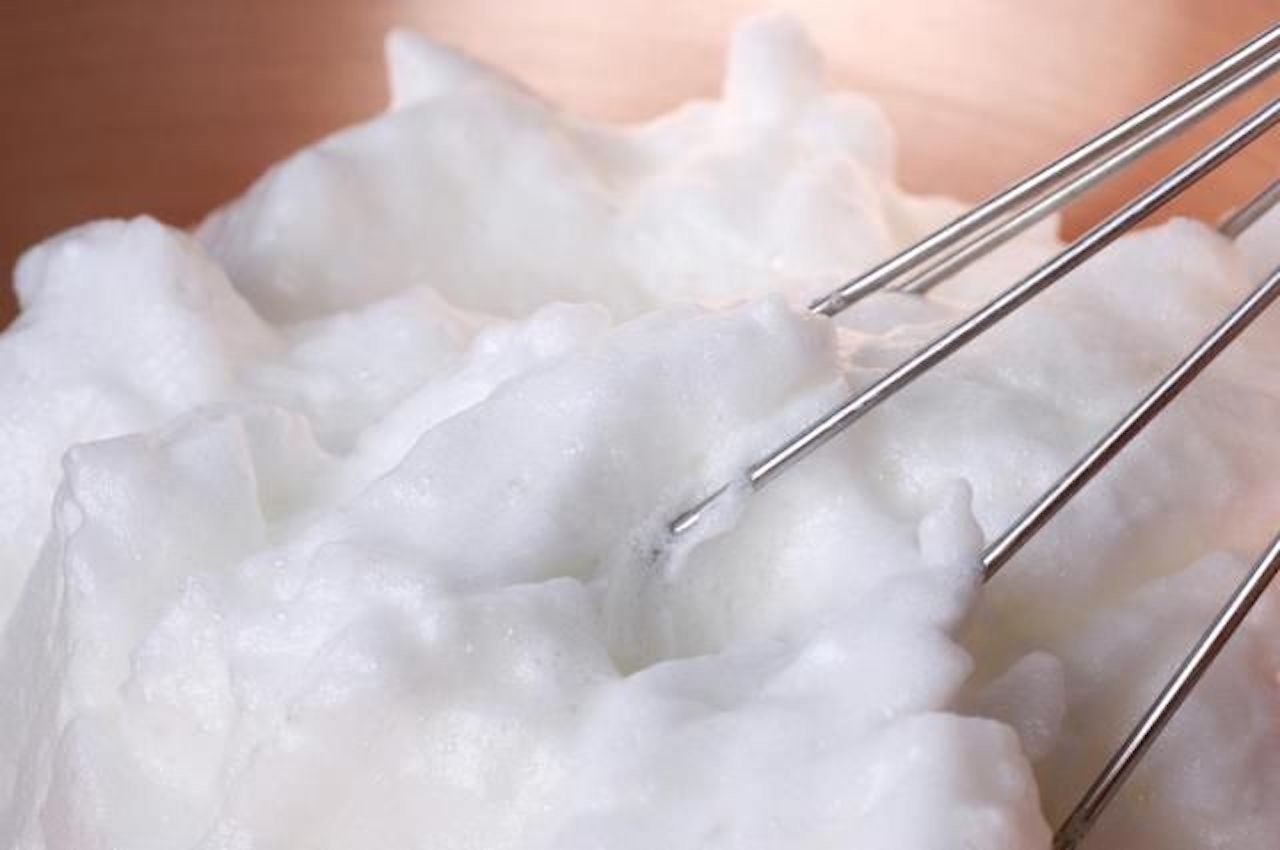
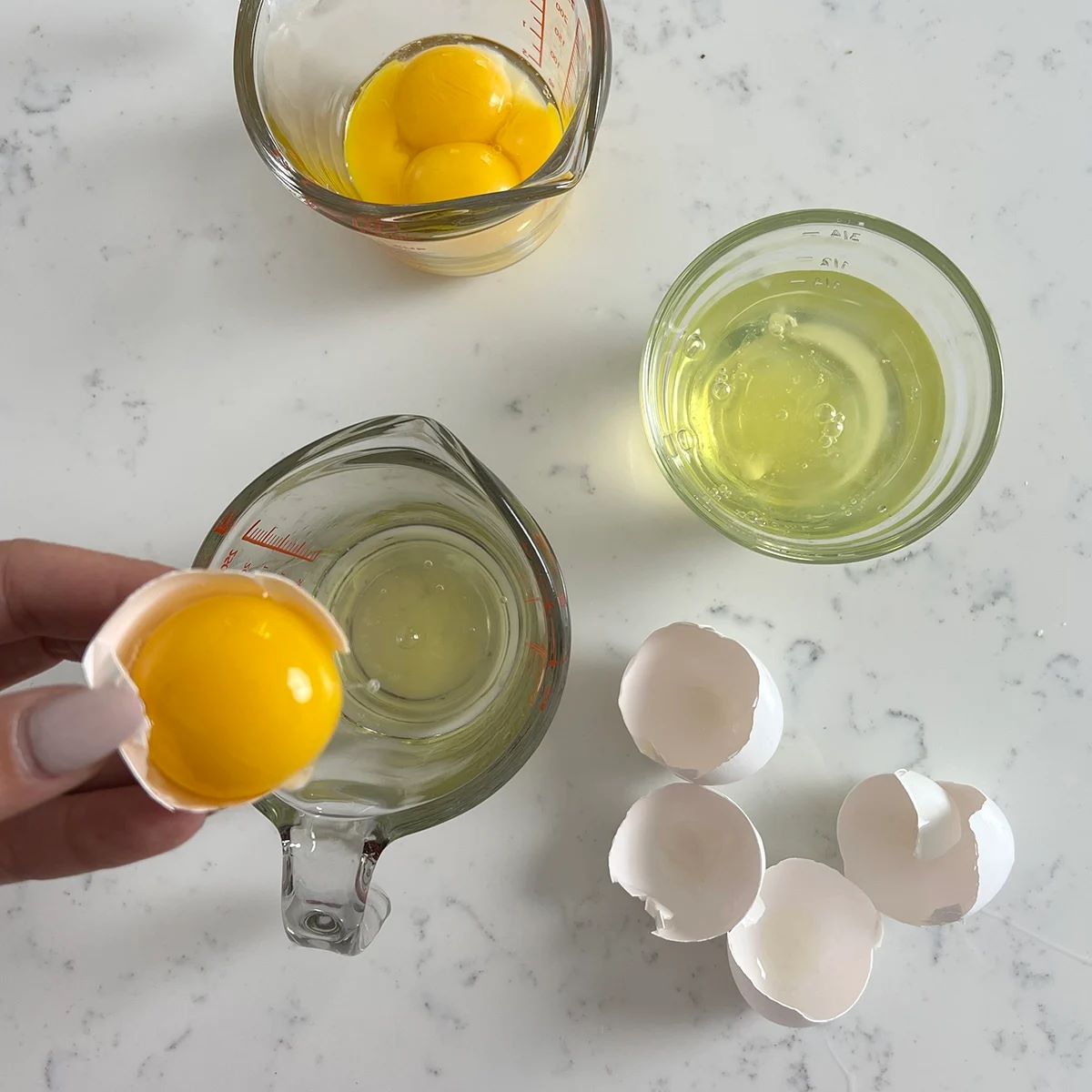



0 thoughts on “How To Store Eggs Without A Carton”